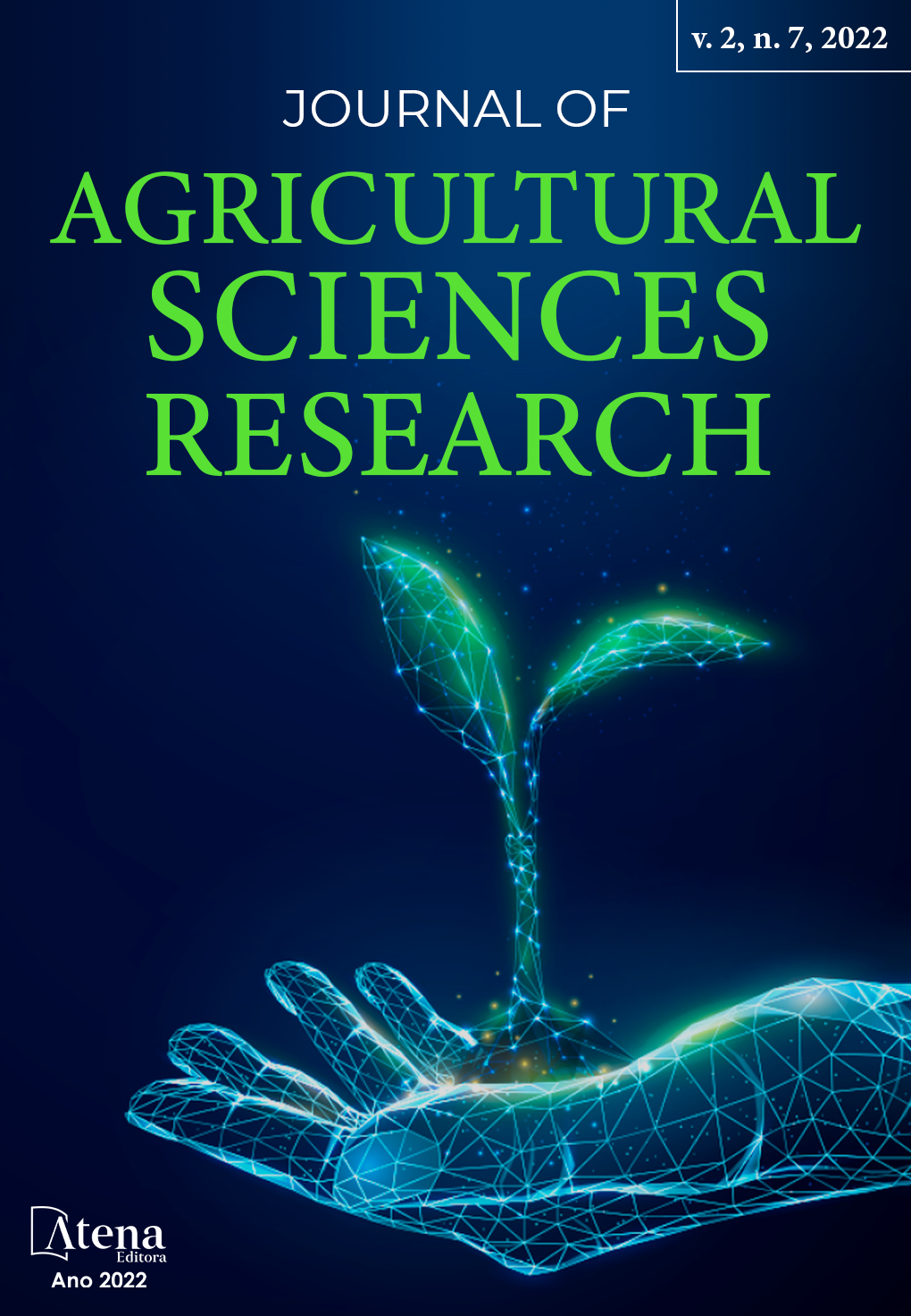
RESPONSIBILITY OF BRAZILIAN MUNICIPALITIES IN THE MANAGEMENT OF URBAN SOLID WASTE
The intensification of urban solid waste (MSW) generation, combined with inadequate disposal and disposal practices, culminated in the compromise of society's quality of life and in the intensification of environmental problems. The Municipalities and the Federal District exercise the ownership of public sanitation services, and therefore, they are responsible for the adequate management of MSW. With the institution of the National Solid Waste Policy (PNRS) – Law 12,305/2010, this responsibility is no longer the exclusive competence of the Municipality and is now shared with all the actors involved in the generation process. Targets with deadlines are established in the legislation so that those responsible for the management of MSW promote the environmentally adequate final disposal of the tailings, under penalty of being penalized. Therefore, this article aims to present an updated overview of the generation and disposal of MSW in Brazilian municipalities, as well as to demonstrate the responsibility of Municipalities in the management of this waste. To this end, the methodology adopted consisted of reviewing the literature, legislation and related doctrine and research on specialized websites. The work showed that, after more than twelve years of the institution of the PNRS, a significant portion of Brazilian municipalities still do not have the Municipal Plan for Integrated Management of Solid Waste (PMGIRS) and there are still active dumps in their territories. Thus, there is a deficient and challenging situation regarding the proposition of effective means for the concrete implementation and materialization of the goals and programs recommended in the PNRS, in the sense of mitigating the negative socio-environmental impacts. Environmental damage resulting from inadequate management of MSW generates accountability for Municipalities that do not comply with the legislation and there is a legal obligation to repair the degraded environment. It is also evident that accountability in environmental matters is triple – administrative, civil and criminal responsibilities, which can be imposed concurrently – expressly provided for in the 1988 Constitution of the Federative Republic of Brazil (article 225).
RESPONSIBILITY OF BRAZILIAN MUNICIPALITIES IN THE MANAGEMENT OF URBAN SOLID WASTE
-
DOI: 10.22533/at.ed.973272211075
-
Palavras-chave: Environmental damage, final disposition, Environmental responsibility, Environmental protection.
-
Keywords: Environmental damage, final disposition, Environmental responsibility, Environmental protection.
-
Abstract:
The intensification of urban solid waste (MSW) generation, combined with inadequate disposal and disposal practices, culminated in the compromise of society's quality of life and in the intensification of environmental problems. The Municipalities and the Federal District exercise the ownership of public sanitation services, and therefore, they are responsible for the adequate management of MSW. With the institution of the National Solid Waste Policy (PNRS) – Law 12,305/2010, this responsibility is no longer the exclusive competence of the Municipality and is now shared with all the actors involved in the generation process. Targets with deadlines are established in the legislation so that those responsible for the management of MSW promote the environmentally adequate final disposal of the tailings, under penalty of being penalized. Therefore, this article aims to present an updated overview of the generation and disposal of MSW in Brazilian municipalities, as well as to demonstrate the responsibility of Municipalities in the management of this waste. To this end, the methodology adopted consisted of reviewing the literature, legislation and related doctrine and research on specialized websites. The work showed that, after more than twelve years of the institution of the PNRS, a significant portion of Brazilian municipalities still do not have the Municipal Plan for Integrated Management of Solid Waste (PMGIRS) and there are still active dumps in their territories. Thus, there is a deficient and challenging situation regarding the proposition of effective means for the concrete implementation and materialization of the goals and programs recommended in the PNRS, in the sense of mitigating the negative socio-environmental impacts. Environmental damage resulting from inadequate management of MSW generates accountability for Municipalities that do not comply with the legislation and there is a legal obligation to repair the degraded environment. It is also evident that accountability in environmental matters is triple – administrative, civil and criminal responsibilities, which can be imposed concurrently – expressly provided for in the 1988 Constitution of the Federative Republic of Brazil (article 225).
-
Número de páginas: 19
- Rafaela Franco
- Luís Fernando de Morais Silva
- João Baptista Chieppe Júnior
- Adriana Antunes Lopes
- Alexandra Fátima Saraiva Soares


